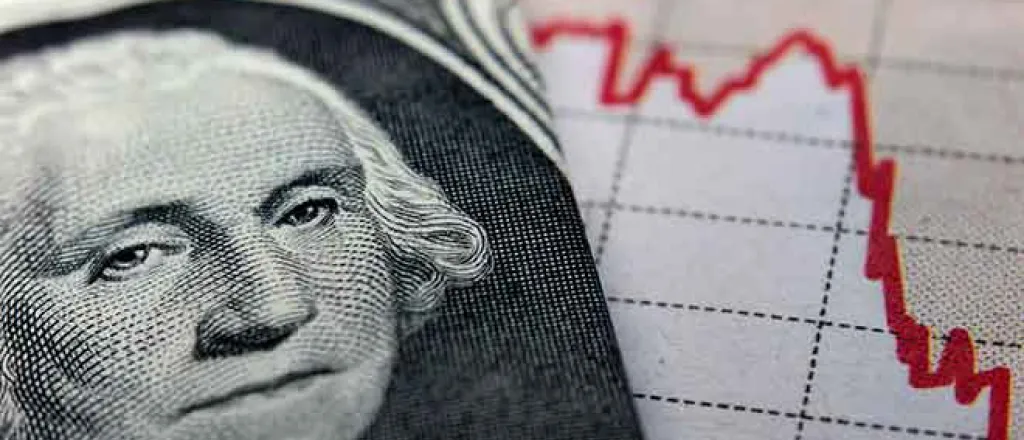
U.S. faces 'significant risk' of breaking debt ceiling in first weeks of June: CBO
(The Center Square) – The U.S. government faces a significant risk of not being able to pay its bills in the coming weeks without an increase to the debt limit, the Congressional Budget Office said Friday.
The warning comes as Democrats and Republicans remain far apart on negotiations over the debit limit. The debt ceiling is the maximum amount of debt the U.S. Department of the Treasury can issue.
"The Congressional Budget Office projects that if the debt limit remains unchanged, there is a significant risk that at some point in the first two weeks of June, the government will no longer be able to pay all of its obligations," according to an agency report released Friday.
Even May spending is uncertain.
"The extent to which the Treasury will be able to fund the government’s ongoing operations will remain uncertain throughout May, even if the Treasury ultimately runs out of funds in early June," according to the report. "That uncertainty exists because the timing and amount of revenue collections and outlays over the intervening weeks could differ from CBO’s projections."
Republicans have said they won't agree to raise the debt limit without spending cuts. Biden and Democrats have said Congress must raise the debt limit before discussing changes to spending or other budget changes.
"If the debt limit is not raised or suspended before the Treasury’s cash and extraordinary measures are exhausted, the government will have to delay making payments for some activities, default on its debt obligations, or both," according to the CBO report.
On the other hand, if the extraordinary measures are sufficient to last until June 15, "expected quarterly tax receipts and additional extraordinary measures will probably allow the government to continue financing operations through at least the end of July," according to the report.
House Republicans recently passed a bill to reduce spending by almost $5 trillion and increase the debt limit by about $1.5 trillion, or until March 31, 2024, whichever comes first.
U.S. Treasury Secretary Janet Yellen said lawmakers must raise the debt ceiling by June 1 or risk a default on U.S. debt obligations.
House Speaker Kevin McCarthy said Friday "the only responsible way to raise the debt ceiling is to limit reckless spending and get inflation under control."
President Joe Biden put the blame on Republicans.
"MAGA House Republicans are threatening to default on America’s debts unless we give in to their demands," he posted on Twitter. "Their wish list could cut thousands of jobs – including wildland firefighters, National Park rangers, and workers who regulate water quality. It doesn’t work for families."
The CBO report warned of consequences if the U.S. were to come up short on cash: "Those actions could result in distress in credit markets, disruptions in economic activity, and rapid increases in borrowing rates for the Treasury."
















